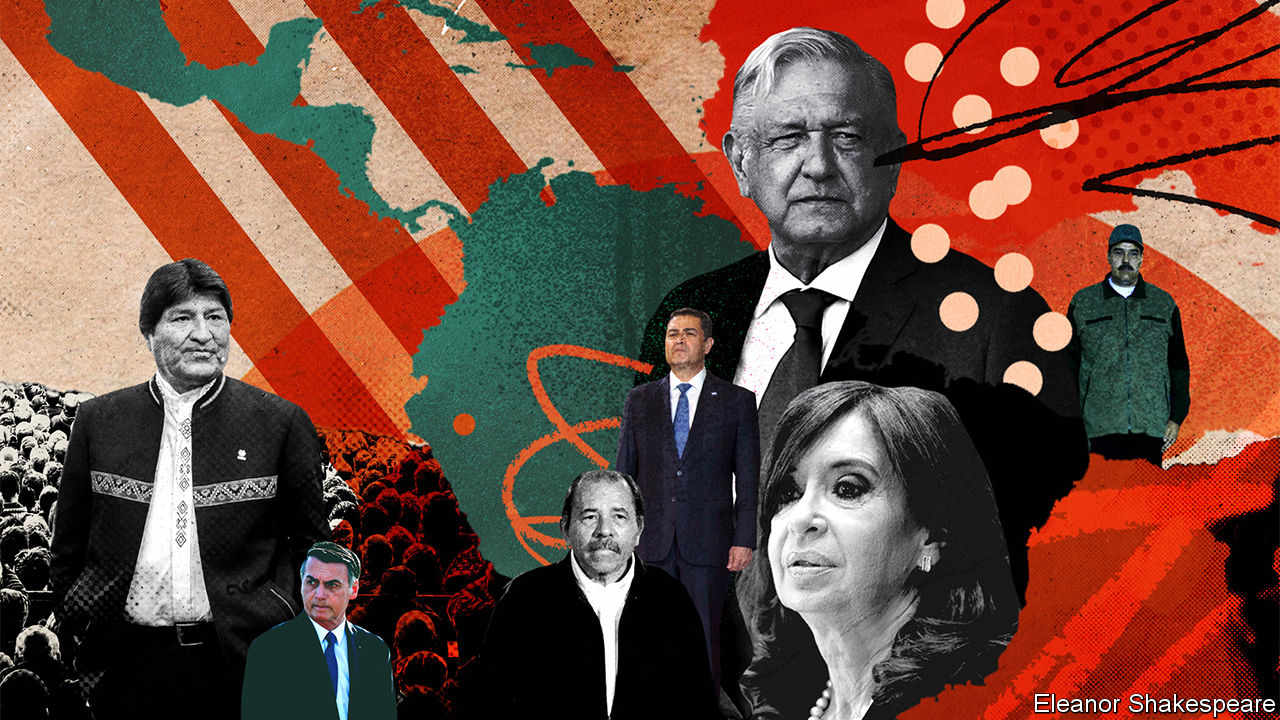Several things lay behind the rise of democracy in the region.
One was the waning of the cold war. Another was the economic failure of most of the dictators. And democracy was contagious. One country after another in Latin America put down democratic roots as power changed hands between right and left through free elections.
The outlook is suddenly much darker. Nicolás Maduro in Venezuela, like Daniel Ortega in Nicaragua, is an originally elected autocrat ruling as a dictator. He clings to power with the support of Cuba at the cost of wrecking his country and destabilizing its neighbors.
At least 3.7 million Venezuelans have fled economic collapse and repression; organized crime and Colombian guerrillas flourish there. The repressive family despotism into which Nicaragua has degenerated under Ortega and his wife, Rosario Murillo, is almost as nasty.
These autocratic extremes would be less worrying were not elections across the region showing that there are clear signs of disenchantment with democracy elsewhere. Election rules are sometimes flouted and independent institutions undermined. Many voters are turning to populists with little commitment to restraints on power. Parties of the moderate center are weakening or collapsing.
Immoderate urges
An election marked by fraud in Honduras saw Juan Orlando Hernández, the conservative president, win a constitutionally dubious second term in 2017. In Guatemala, which will hold elections in June, the president recently ordered out a UN investigative body into organized crime and corruption which had helped to jail two of his predecessors.
Evo Morales, a leftist who has been Bolivia’s president since 2006, will seek a fourth term in October—also on dodgy constitutional grounds. In the same month, Cristina Fernández de Kirchner, a populist former president of Argentina who abused institutions in partisan fashion and faces corruption charges, stands a chance of being returned to office.
And then there are Latin America’s two giants, Brazil and Mexico. Both have elected presidents who share a populist disregard for the norms, checks and balances, and toleration of critics that are necessary for lasting democracy.
Source: The 40-year itch: Populism and polarization threaten Latin America – Q COSTA RICA


